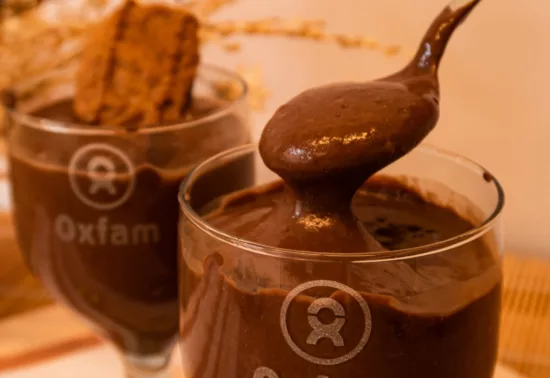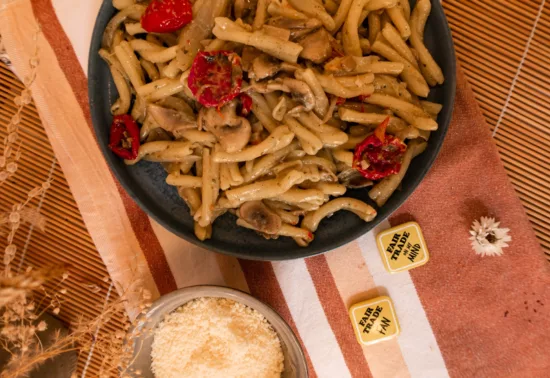Sugar is one of the most valuable agricultural commodities. In 2016, it was the second most cultivated raw material in the world. On average, a Belgian ate about 95 grams of sugar a day, the equivalent of 27 cubes! It is clear that a lot of products contain sugar, including those you wouldn’t expect, such as pasta and bread. Therefore it is essential that its production is carried out in a social and ecological way.




